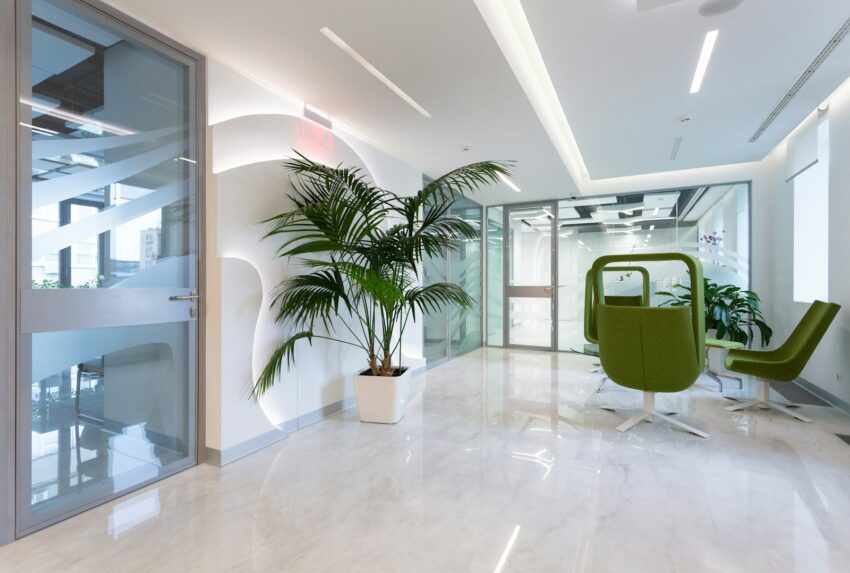Walk into some clinics and it’s all fluorescent lights. This can make the whole experience feel detached before the appointment even begins. In Cranbourne, a quieter shift is underway. It’s softening the edges of healthcare without losing any of its credibility.

Modern facilities are beginning to feel more like welcoming community hubs. There’s been a push toward rethinking how medical environments affect patients’ mindsets. They are leaning towards an atmosphere that feels calm and comfortable. With it, visits feel less rushed, and the outcomes are better.
When a Clinic Feels More Like a Retreat
A growing number of patients are choosing where to get care based on more than just convenience. They’re drawn to places that don’t feel like they’re being shuffled through a system. Comfort is playing a much bigger role in healthcare delivery than it once did, and some practices are leaning into it with care.
A local medical centre Cranbourne has become a standout by embracing this approach. From the minute patients walk through the door, it’s clear that detail matters. The warm reception and thoughtfully arranged waiting areas with natural light and soft finishes instantly create impact. It’s the kind of space where conversations happen more easily because people feel safe and seen.
The Shift Away from Cold and Clinical
There’s a fine line between professional and impersonal. Medical spaces must stay sterile, but they don’t have to be soulless. Practitioners realized that a softer environment isn’t bad for their professionalism. When a patient is at ease, it’s easier to build trust. This leads to more accurate and more personal care.
Apart from physical layout, times are also changing the way care is delivered. More clinics are adapting to the real-life needs of patients than sticking to templates. That includes everything from taking a few extra minutes to explain test results to following up in ways that feel personal.
What Locals Are Looking For
In health, people want clarity, but they also want kindness. The feedback coming out of communities like Cranbourne points to a few key things that keep patients coming back to certain clinics:
- Staff who remember names and make people feel seen
- Appointments that start on time but never feel rushed
- Spaces that look clean without feeling stark
- GPs and nurses who speak in plain language
- A feeling that you’re not just another number in the queue
How It’s Changing Expectations
With larger health systems often feeling stretched and impersonal, local practices have an opportunity to lead by example. They’re not waiting for health to reach a crisis point. They’re helping people feel good about showing up before anything gets worse.
That shift is powerful, especially in communities where preventive care falls behind. When patients feel like they won’t be judged, they’re more likely to raise issues early and stay engaged.
Clinics are now designing services around the pace of people’s lives. Weekend slots, after-hours visits, and accessible virtual consults aren’t extras anymore. They’re the new standard.
The New Model Feels Familiar
The future of healthcare in places like Cranbourne doesn’t look like a tech-heavy overhaul or a list of new protocols. It looks like a return to what’s always worked: listening, patience, and treating people like people.
That doesn’t mean practices aren’t using modern tools. Many are. But the tech isn’t centre stage. It supports a model that prioritises relationships and long-term wellbeing over volume and speed. For many patients, that’s what makes all the difference.
Healthcare doesn’t have to feel like stepping into another world. The best clinics now feel like an extension of the neighbourhood, a place where your story matters and your care reflects that. The rise of medical centres in Cranbourne with this outlook is showing that the softer touch may be the strongest tool after all.
